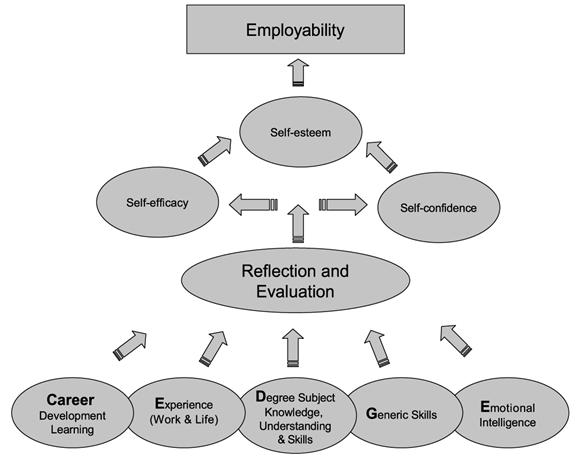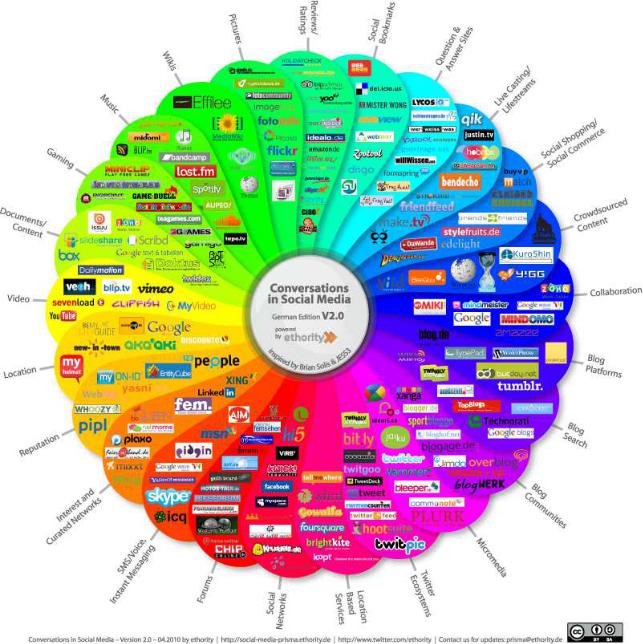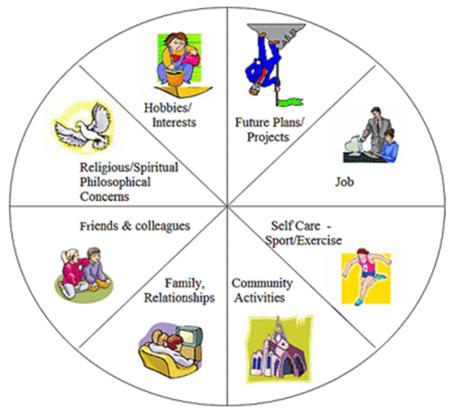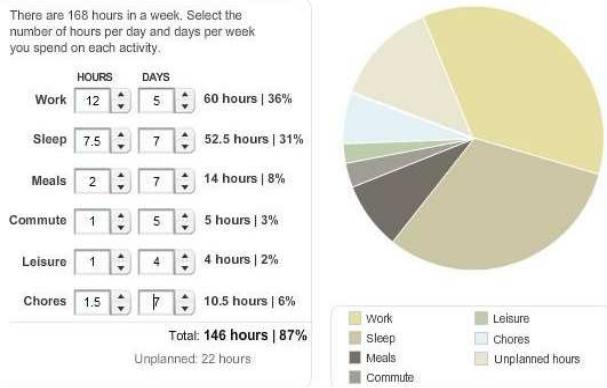
10761
.pdf
70
3. Development of intercultural competence
Steps to achieve intercultural competence. According to Prof. Dr. Alexander Thomas, Uni Regensburg, intercultural learning, understanding and acting form a power series. They build on each other.
3.1. Intercultural learning
•Starts when a person is reflecting and recognizing in dealing with people of other cultures, that the own cultural orientation system is one of many possible systems in the world. (relativism)
•Is successful if it opens a true and accurate self-respected cultural orientation system for foreign cultural orientation systems in order to recognize these as valuable and to treat them with respect. (qualification)
We differentiate between “relativism” and “qualification”. Statements are very clear and meaningful. Is the culture of the Mafia valuable? Does they deserve respect? What is with the Islamic terror? Does he deserve respect? Problem of relativity. Solution: human rights apply to all people regardless of culture.
Levels of intercultural learning:
1.In terms of the acquisition of contextual knowledge about the foreign culture (culturaland regional studies).
2.As the acquisition of foreign cultural orientation systems (norms, attitudes, beliefs, values etc.) so as central standard.
3.As the ability to coordinate divergent cultural patterns of action, e.g. successful management of cultural overlap situation is possible.
4.As a general capacity for cultural learning and understanding, e.g. it indicates that someone has a highly generalized knowledge of action, which puts him in a position to get along in any different culture quickly and effectively.
71
3.2. Intercultural understanding
•Is given, if knowledge of controlling human behaviour and its effects on foreign cultural standards are available
•Is given, if it is possible to incorporate foreign cultural orientation systems in the own thinking, judging and acting
Understanding does not make a person able to do the next proper steps. Further learning is necessary
3.3 Intercultural learning
Intercultural acting:
• Takes place in cultural overlapping situations in which the actor uses his own culture-specific orientation system for behaviour management in a culturally alien structured field of action
The main problem of intercultural behaviour is that the actor/agent is unable to control the behaviour of the partner as long as he does not understand the conduct of its foreign culturally socialized counterpart
Meet unusual behaviours with tolerance
Cheng Mang, Chinese travel agency Caissa, KStA 17.08.15
3.4 Cross cultural aspects
Security in judging:
•It is striking to note that in spite of diversified cultural experiences, the certainty to judge is not increasing, but rather dimishing.
•What was rather clear at the beginning and enabled a relatively confident judgment, is in the end getting more and more differentiated and by this increasingly doubtful.
Prof. Dr. Alexander Thomas/ Uni Regensburg, Interkulturelles Management Please save in your mind: judge is not increasing on the contrary it is final decreasing Example “Akio Morita” from Sony:
-Co-Founder of Sony and Business leader
-became Japans unofficial ambassador of its business community in the world
-a tireless traveler who moved his family to NY in 1963 for a year to learn American ways
-he was truly a statesman par excellence in a business sense
-he was the face of Japan
but:

72
-never comfortable in West’s business world
-he was a Japanese traditionalist at home
-he had to act as the most international-understanding businessman in Japan. But “It was never real” (Hideo Morita, eldest son)
4.Employability
Personal marketability”:
• Consequence: Employability gets down with the often quoted sentence, in future no one could expect a job for life.
The “labor value” of the people must be made portable. Job opportunities are more important than place of work. A demand for universal salable, “portable” key skills.
emeraldinsight.com
Strictly necessary Skills
•Strong organizational skills
•Good time management
•Analytical thinking
•Critical awareness and judgment
73
•Leadership skills
•Toughness and stress tolerance
•Assertiveness
•Team spirit
Don’t forget your body language! Effect of a Message: 55% body language, 38% voice sound, 7% content.
Desirable Soft Skills
•Character traits that enable the individual to use personal intelligence as part of the activity useful and friendly: respectful and loyal working with people
•The correct handling within teams or on projects: motivate high performance and eliminate differences
Are more and more important in the progressing internationalization of companies. It is necessary to move safely and confidently in the intercultural environment. There are some basic key skills desirable in order to distinguish itself as a junior manager professionally and socially. Respect and discipline (secondary virtue).
“The best quality one can acquire is the ability to force oneself to do things that have to be done – regardless one likes it or not.”
Thomas Huxley
Better I cannot describe the demands of the job – or even the life!
5. Experiences of my professional life
•Surround yourself with the best possible and loyal staff
•Delegate authority and do not intervene, as long as the default policy is not affected
•Translate your visions in a simple way
•Speak in the language of your audience
•Communicate in the same manner with customers, employees and supervisors During my time at Sony, I have written the lessons that I have noticed in my daily work. Best possible staff: first-class people try to get first-class employees. Secondclass people pick up third-class people. I always kept with JFK. An intelligent man must be so clever to hire people who are much smarter than he.
•Not lose contact with the base
•Determine the direction of the organization, not the implementation of measures
•Do not lose your time with trivialities
•Listen in silence the opinions of your employees and then decide
•Remember, humor is a management-tool
74
•Formulate the budget, based on goals, always “upside-down”
•Make your decisions and live with them
•Make the right ones, not the popular things
•Control the correct timing
•Remain always credible (if necessary correct and stand by your mistakes)
May I draw your attention especially to the last point. Things might be right or wrong
– you must be always credible! A key finding of my professional life was that I`ve been face with quotations of my speeches even after years. Unbelievable but true. And I was measured by that. Ex. Negotiations re conditions; merger of companies etc.
“Regard the enterprise as your own”
•The main characteristics of our management are entrepreneurial thinking amd acting
•The working style is impressed by self initiative and team orientation, risk awareness and responsibility, far-sight and decision
•Consequent customer orientation and the permanent strain after quality are in the foreground for all considerations and activities
In 1993, the managers of Sony´s CPG developed the rules written down here. Then we have worked, lived and traded based on it
“Practise what you say”
•Enterprise has to be practiced and to be set as an example in every day life
•The common device is: exemplary and ideal management
•The arising trustworthiness build up confidence
•This confidence is the basis of our cooperation
“All Business is People”
•Concerning our employees this means: Manager actively support the performance and abilities of their colleagues
•They offer their employees the most far-reaching possibilities for self-organization and self-deployment
•Open communication and far-reaching information are essential prerequisites for a successful cooperation
Has become the motto of my professional life.
“Targets show us the way”
•Entrepreneurial thinking and handling have to be transferred to all levels
•Through jointly concerted targets the managers guarantee the alignment of all activities with the superior targets of the enterprise
75
6. First 100 days
The following 4 points describe the most important points or steps of your professional career:
first 100 days with 2 phases
positives
negatives
12 headlines including recommendations
Orientation |
|
||
1. |
Get acquainted with expectations |
month 1 |
|
2. |
Have talk with people |
|
|
3. |
Build key relationships |
2 |
|
4. |
Get clear about subjects and targets |
|
|
Change |
|
||
5. |
Communicate targets |
3 |
|
6. |
Provide a basis for change |
|
|
7. |
Assign tasks |
4 |
|
|
|
|
|
|
|
Positive |
Negative |
|
|
|
|
|
Gain experience |
No questions |
|
|
|
|
|
|
Take your time |
Overestimate tangible problems |
|
|
|
|
|
|
Build relationships |
Neglect competitors |
|
|
|
|
|
|
Point strong points |
Boast of successes |
|
|
|
|
|
|
Conserve and change |
Criticize employees |
|
|
|
|
|
|
Communicate success of the team |
Pretend to know |
|
|
|
|
|
|
Use the start drive |
Want to improve everything |
|
|
|
|
|
|
Note rituals |
See only weaknesses |
|
|
|
|
|
|
|
|
Tackle permanent problems |
|
|
|
|
|
|
|
Set management style too early |
|
|
|
|
Maybe point number 2 (positive) is most important. My former MD at Sony told me: work hard – but I´m not expecting any result within your first 100 days.
Find your friends in the company – if you work in an international company with HQ abroad you must find non resident friends!!!
12 headlines including recommendations: |
|
|
1. |
Learning and action phase |
inside/outside |
2. |
Create “winning team” |
find performers (loyal?) |
|
|
replace if necessary |
|
|
76 |
3. |
Set a course |
show competence |
4. |
Communication intern |
target: winning trust |
5. |
Communication extern |
only head of PR |
6. |
Company culture |
adapt oneself |
7. |
Integration |
key people |
|
|
incl. works-council |
8. |
Retrospect |
never, no comparison |
9. |
Dress code |
what is normal? |
10.Advisory board |
secure necessary action space |
|
11.Crisis situation |
get in close cooperation with controller |
|
12.Correction of decisions |
yes, if necessary |
|
Good old days the first thing I prepared was my personal “Fact Book”:
•Annual Report Head Office (normally includes page with board members)
•Facts and Organization about company: LRP, MRP, P&L, Budget, Monthly Figures, Flash, Own reporting, Monthly reporting biz groups, Organization charts, Meeting reports, Salaries, Company rules etc.
7. Ten mistakes that kill your career
1.False modesty. Good effort and be silent is wrong.
2.Rapid “you”: be on first-name basis. The clever man poses questions and seeks collegial contact.
3.Express abandonment . You should always have a plan B (When a door closes, a window opens!).
4.Orphaned private life. Those who cannot laze properly cannot work properly (Sicily).
5.Lack of contacts. Good networking is the best unemployment insurance.
6.Lack of teamwork. Team work is the magic word for project work.
7.Swallowing too much (swallow the bitter pill). 70% of all conflicts in a company have nothing to do with the contents.
8.Poor self-promotion. About strangers a judgment passes in seconds. Good clothing is an energy saving model.
9.Hasty action. The calmness lies strength. Practice patience.
10.Exorbitant effort. Professional success is a matter of timing. (Duck and cover strategy).

77
Finally one more issue: be very careful what you put in internet!!!
8. Peter Principle
Following Napoleon and his statement: “Everyone has a marshal`s baton in his knapsack”
Everyone can work up to the highest responsibilities and authorities.
The contrary, modern science (Laurence J. Peter):
“In a hierarchy every employee tends to rise to his level of incompetence.” It is therefore advisable to set yourself limits. Learn to say no!

78
The most difficult thing for a man is to say “no” when a promotion is in prospect. What helps is sleep one night on it and be true to yourself. With a wrong decision there is no return to old job. Or with considerable loss of face.
9. Work-life-balance
To be successful requires much more than a good education. What you need is a good work-life-balance. If you want to be successful over decades until the end of working life. If you never want to have a burn-out. Then realize that life needs breaks – rest periods. Each battery must be recharged at some point of time.
Nobody needs you 7 – 24 – 365. Only if you are President, emergency doctor or investment banker. Computers and mobile phones have an off switch. If your future boss wants to reach you around the clock, look for another job. Nobody is irreplaceable. The cemetery is full of people who believed to be irreplaceable.
Study of Stanford-University: the performance of an employee who works 70 hours does not differ from the performance of one who works 56 hours!
3 important measures to reduce stress and build stress resilience:
1.Sleep (increases productivity)
2.Meditation
3.Sport

79
A delicate balance: Work versus personal time.
Work commitments often compete for time with friends and family – as well as sleep, meals and chores. Use this calculator to strike a balance that works best for you.
“All business is people”
